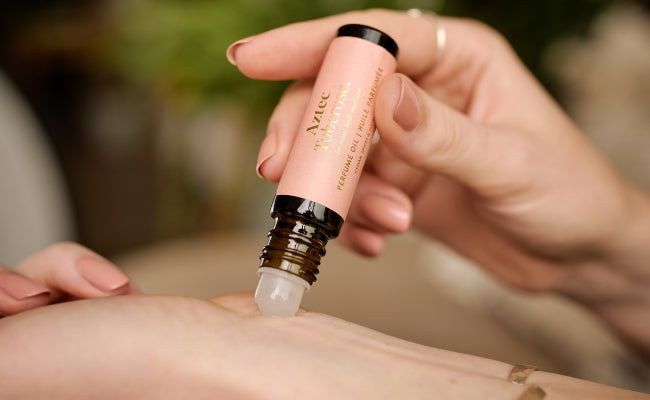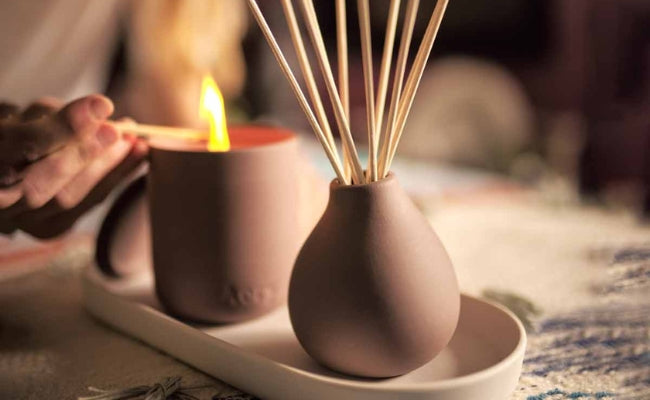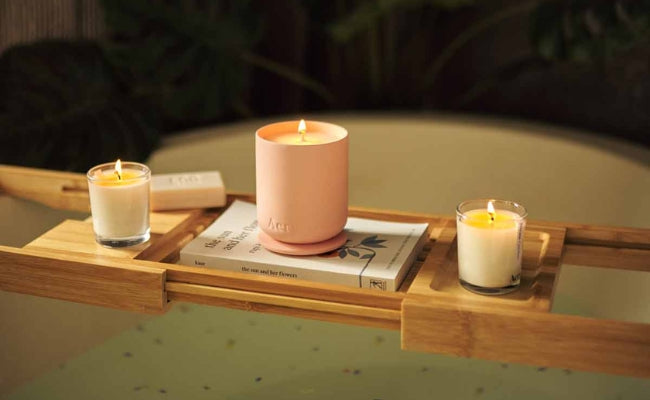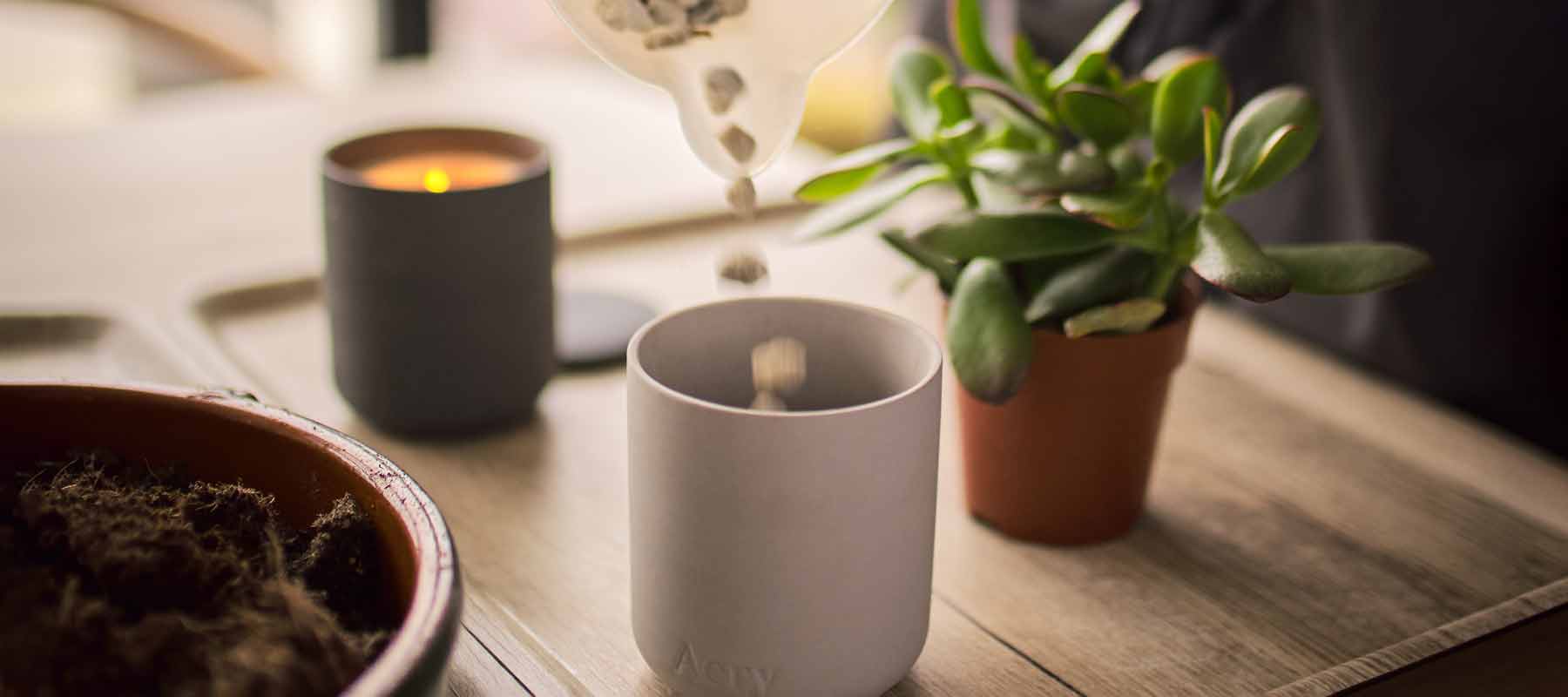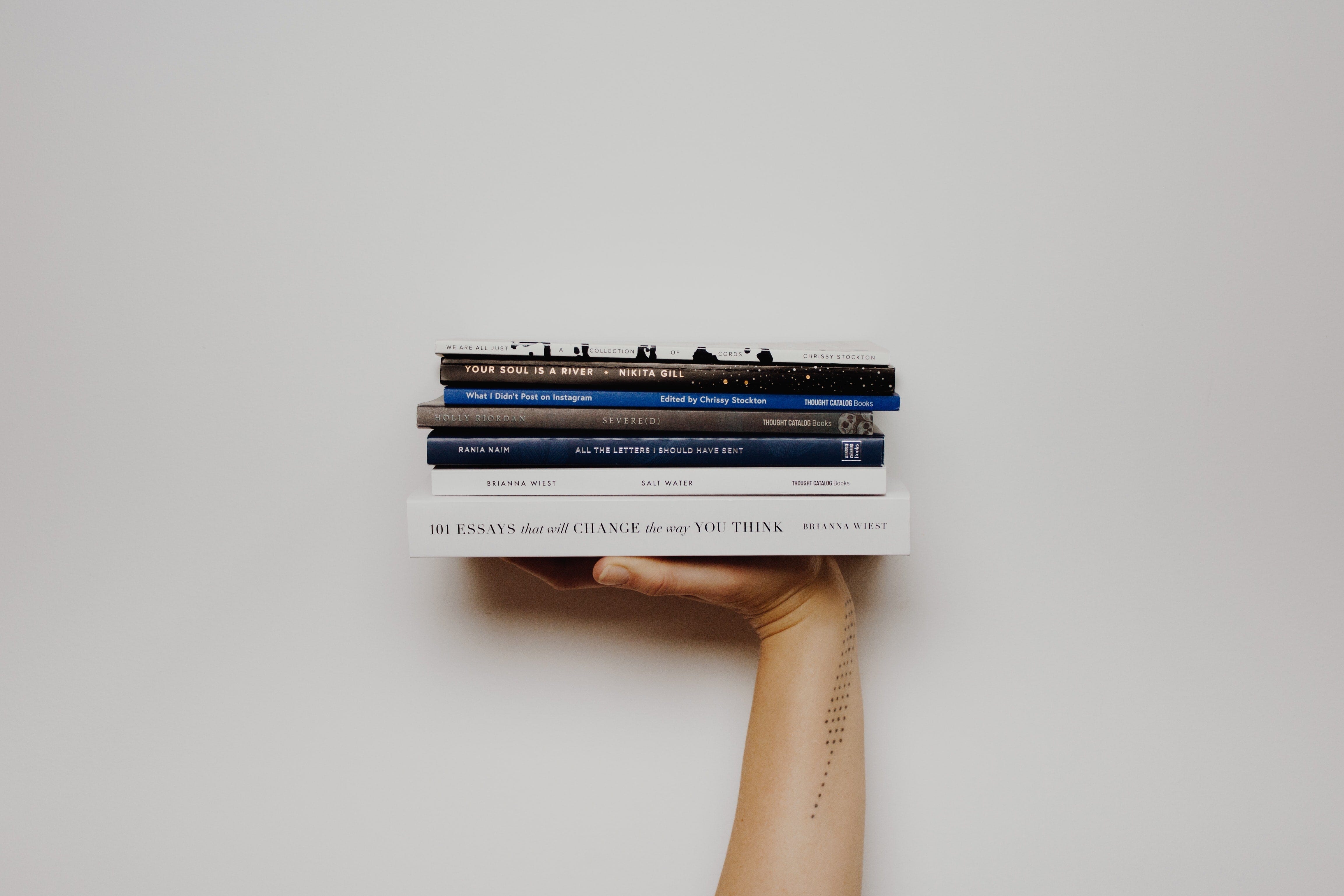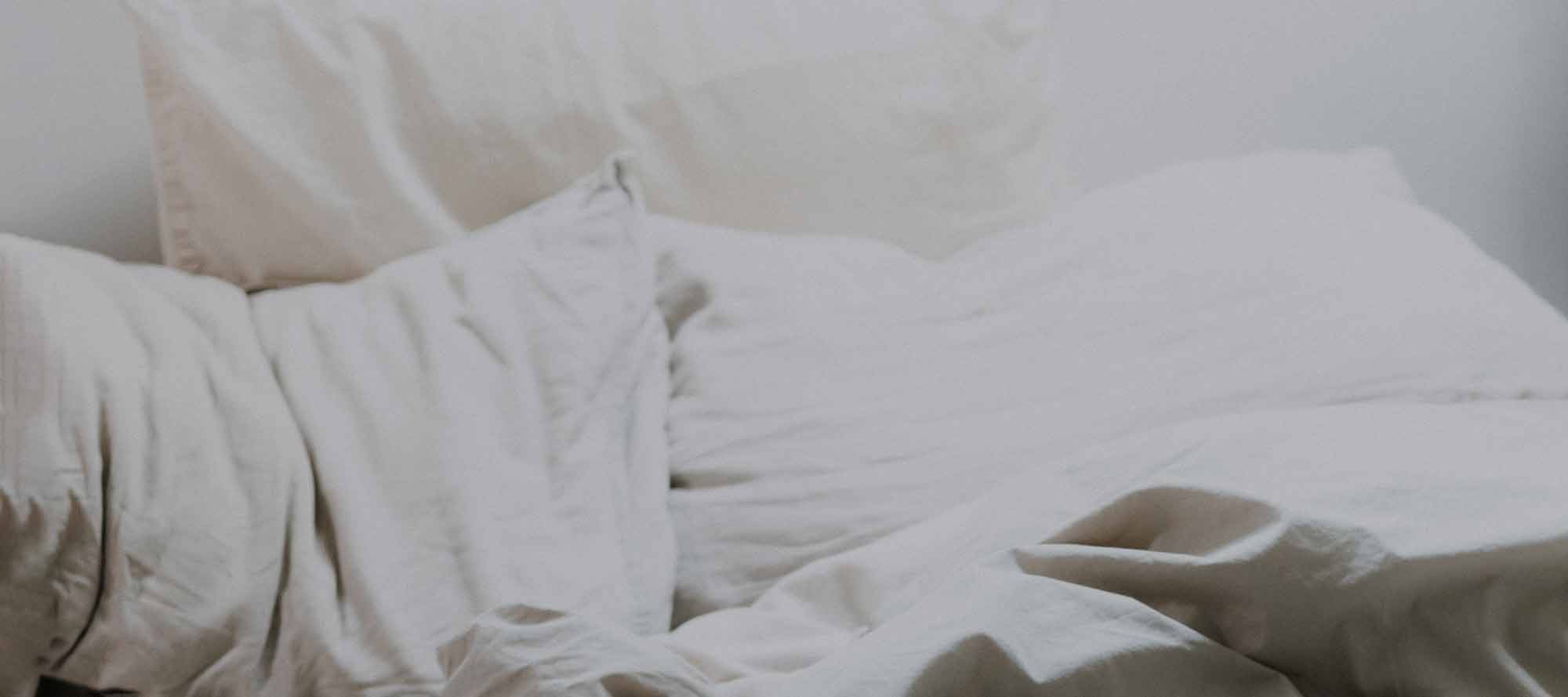
How to Optimise Your Sleep
Create a Relaxation Station.
Making sure your bedroom is a cosy, comfortable environment is key for getting a perfect night’s sleep. Whether it’s making sure the sheets aren’t scratchy, adjusting the temperature or using a pillow mist, environment is key to relaxation. Relaxation varies from person to person so try different methods out and find out what helps you unwind! Whatever your preferred method, filling your room with comfort-inducing items such as weighted blankets, hot water bottles or a white noise machine can help put your brain in relaxation mode and let it know its time to switch off.

Reduce Alcohol and Caffeine Intake.
Drinking alcohol and caffeine before bed can massively impact your quality of sleep. The ‘buzz’ associated with caffeine can make it harder to fall asleep and keep you awake. Try to avoid drinking caffeine to close to bedtime and opt for decaffeinated options or try an herbal tea instead! Alcohol is another bringer of bad sleep. Whilst it may seem to make you feel asleep quicker, the high sugar content often means you spend less time in REM sleep which your body urgently needs to restore itself. Drinking water before bed is probably the best option but if you really fancy a drink why not try a new mocktail recipe instead?!
Try Natural Remedies.
If sleep isn’t your speciality, natural remedies may be the help you need. Natural remedies have been used to help with sleep problems for centuries, and for good reason. One of our favourites is drinking chamomile tea before bed. Chamomile is an incredible natural sedative, and its effects include helping muscle relaxation and making you feel sleepy. Another great option is lavender aromatherapy. Lavender is another natural herb known to calm the brain and is best used in scent form. Spritzing a pillow mist like Dream Catcher or Before Sleep on your pillow and inhaling the soothing fragrance is sure to send you off to a relaxing sleep in no time!

Reduce Screen Time.
Reducing your screen time is one way to combat bad sleep. Blue light from screens disrupts sleep quality and pushes back bedtime, making you sleep poorly and for a shorter time. However, tempting it may be to scroll through social media to unwind, studies have shown that banishing electronics from the bedroom is one of the best ways to increase sleep quality. If you rely on your phone as an alarm, consider buying an alarm clock instead! If this is too hard for you try to reduce electronic use at least an hour before bed and pick up a good book to unwind. Slight changes can really make an impact when it comes to reducing screen time and increasing sleep quality.
Have a Bath.
Having a nice relaxing bath before bed can help to calm the body down and signal to the brain that it’s time to go to sleep. A study found that taking a hot bath about 90 minutes before bed helps you to fall sleep quicker. This is because the warm water changes your body temperature, and this change helps signal to the body that it’s time to go to bed. Adding your favourite bath salts and inhaling the calming scents is also a fantastic way to unwind once everything’s done for the day.

Getting a good night’s sleep can be tricky but hopefully you’ve found some helpful tips here! If you’re looking for more sleep related content, then why not check out our other blog pieces on this topic here and here.

